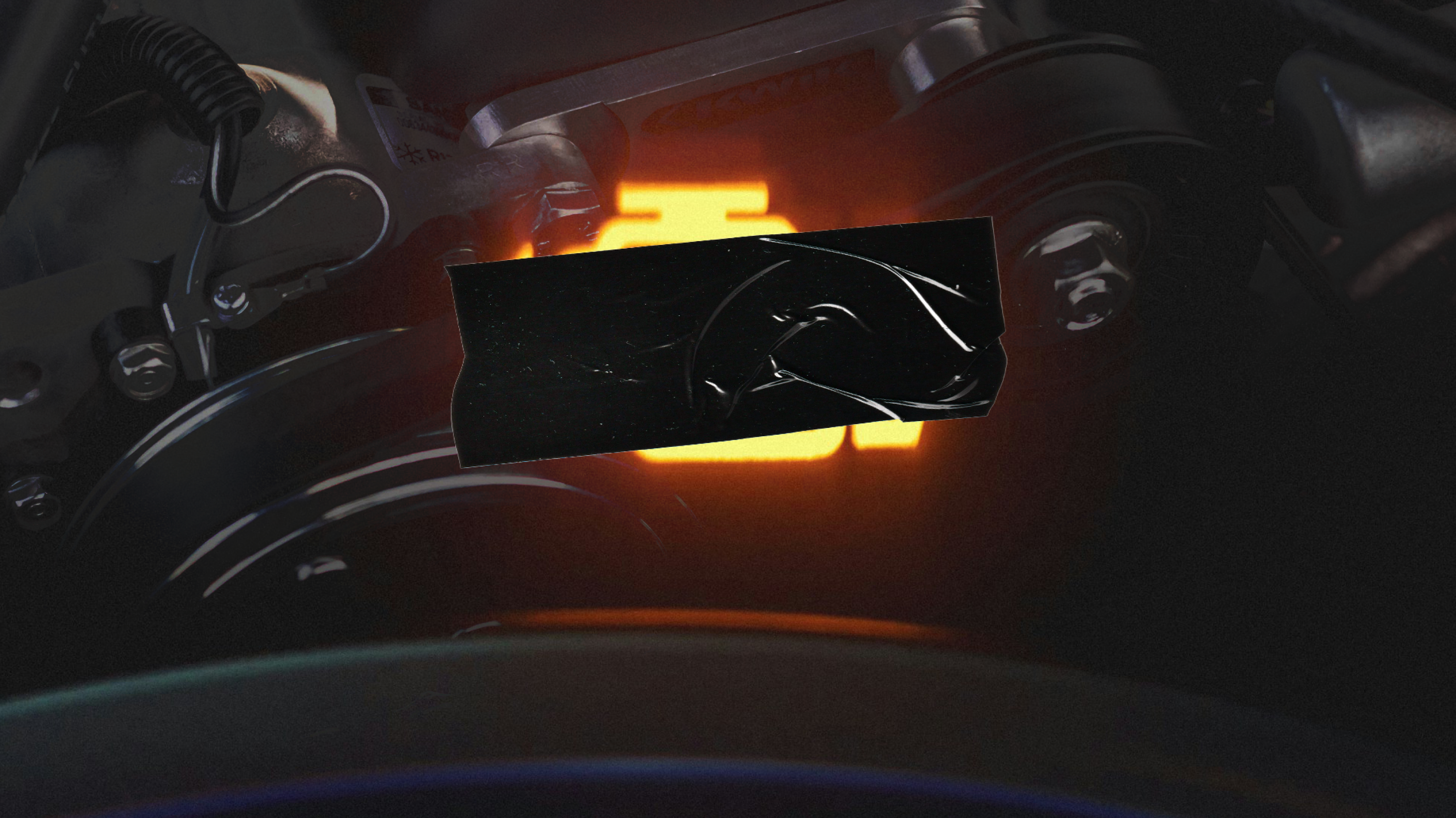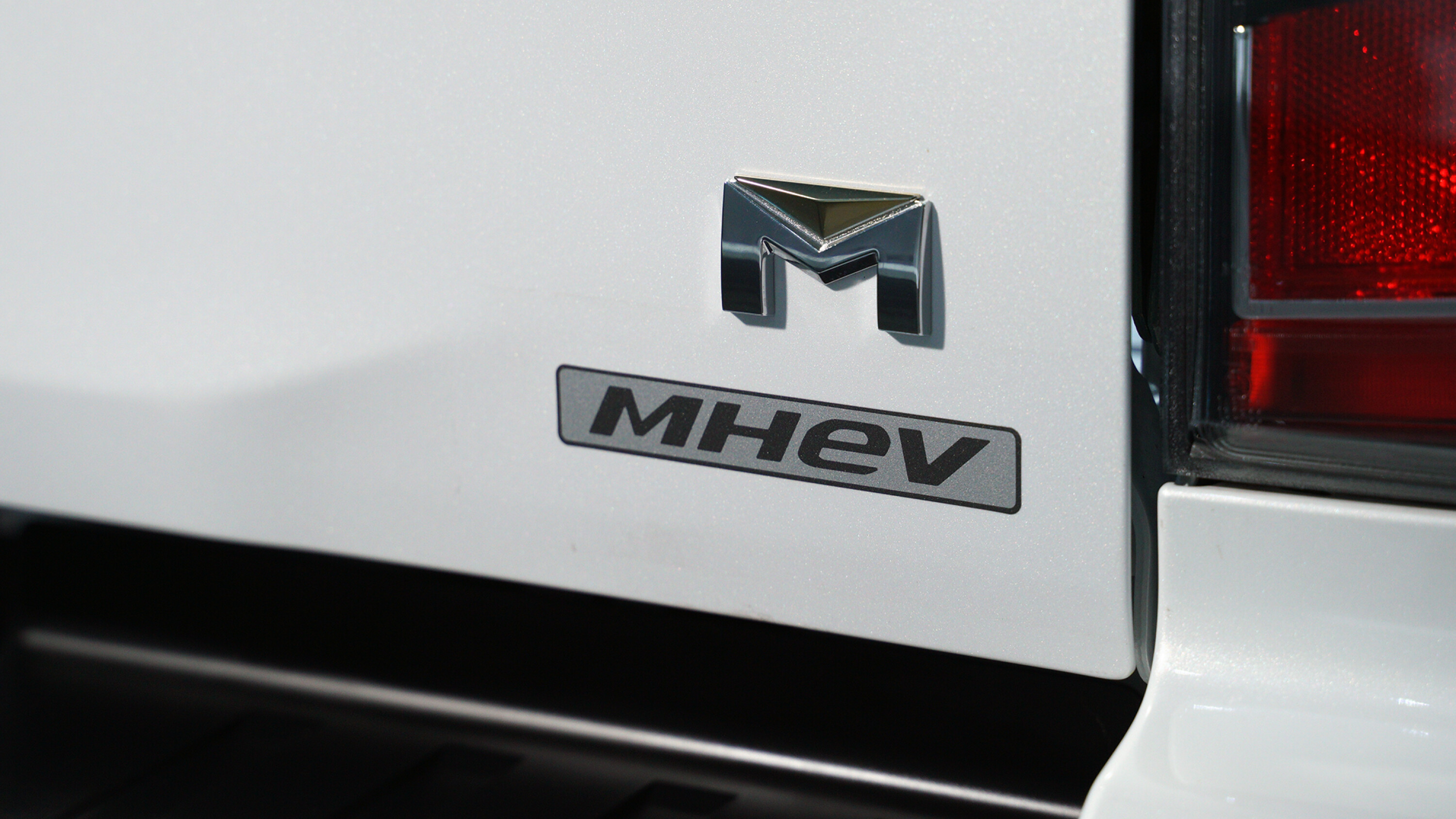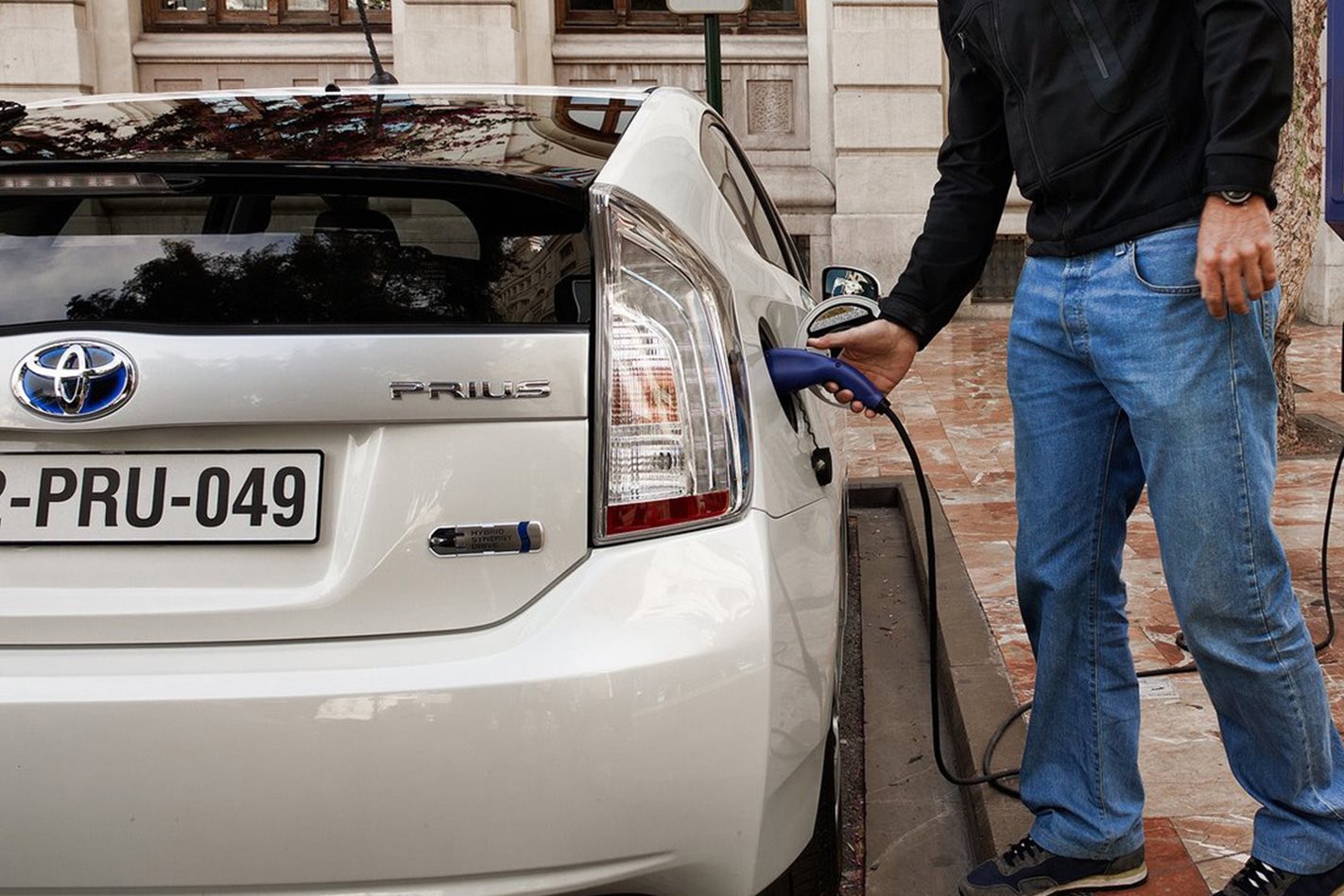
Electric vehicles currently come in three basic forms including battery electric vehicle (EV) that runs on battery power alone and hybrid that uses a conventional engine to top up batteries and provide extra grunt when needed.
Then there are plug-in hybrid electric vehicles (PHEV), which allow you to charge the batteries so you can drive for a while without using the petrol engine at all.
So which is right for you?
As well as choosing the kind of car you need it’s crucial to consider the kind of driving you’re most likely to do.
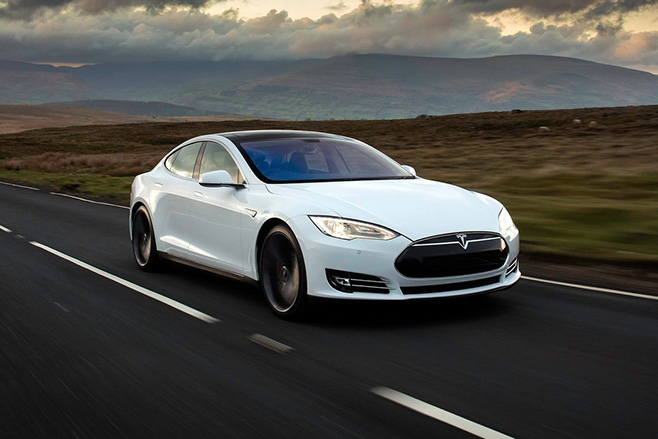
BATTERY ELECTRIC VEHICLE
There aren’t that many production EVs available in Australia, with a limited and eclectic range that includes the BMW i3, Nissan Leaf and Tesla Model S. You’re more likely to choose between one of them and a hybrid option, rather than between the three.
Advantages:
- Good performance due to the high torque of the electric motors. The Tesla Model S P100D can beat a Lamborghini Aventador in a 0-100km/h sprint though this is at the pinnacle of current EV technology
- They’re quiet
- They’re cheaper to operate
- You can ‘fill it up’ at home thus avoiding service stations and the temptation to buy three chocolate bars for the price of two.
- No emissions while you drive
- Depending on the price of the car the zero emissions means you save plenty on luxury car tax.
- Limited range compared to petrol, diesel and hybrid-powered cars. Range varies between 134km for the Leaf up to 499kms for the latest (and most expensive) Tesla Model S.
- Charge time takes much longer than filling up with fuel. Even a quick boost that partially charges will take at least 20 minutes. In most cases it will take hours to charge your battery.
- These cars aren’t cheap and there aren’t many choices
- Australia has few incentives or subsidies to justify the extra cost
- Few public charging stations means you may need to purchase an expensive home charger for faster charging
- BMW i3 ($63,900-$65,900)
- Nissan Leaf ($39,990)
- Tesla Model S ($114,100 -$254,159)
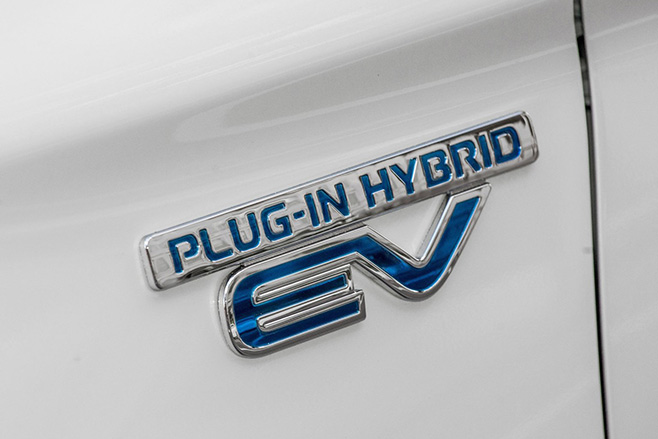
HYBRIDS/PLUG-IN HYBRID VEHICLES
While the Toyota Prius is the most known hybrid, many manufacturers have dual-powered versions of popular models in their line ups ranging from small cars to large SUVs. While most are in the luxury bracket, there are a few hybrid options of popular Japanese models.
Advantages
- Longer range than conventional cars
- Excellent fuel economy over conventional cars of comparative size
- Unlike petrol and diesel powered cars, hybrids are more efficient when driving slow or stopping and starting, making them great for city driving.
- More power at low speed than normal petrol driven cars because of electric motor’s high torque
- Batteries can also be charged by regenerative braking, which captures energy produced when stopping.
- Nice quiet ride even with the petrol engine engaged, as it’s usually smaller than engines in petrol only cars
- Reduced fuel dependence while not being limited by having to charge it for long periods of time
- Growing choice of hybrids on the Australian market, many of which are variants of established models
- Depending on the price of the car the zero emissions means you save plenty on luxury car tax.
- Fuel economy not as good over longer distances to the point where the hybrid will drink more than conventional engines, particularly diesel.
- General performance, beyond 50km/h not usually as good and the battery weight and weight distribution can affect handling
- Purchase cost of hybrids is much more than conventional models
- Compared to conventional cars you’re limited to where you can get the car serviced or repaired
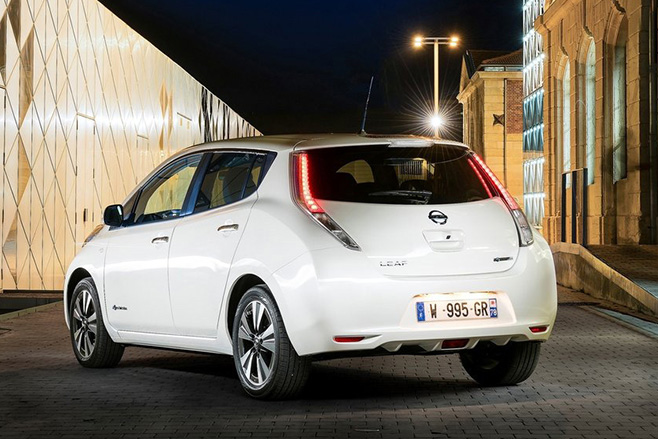
Hybrid and PHEV options below $60,000
- Lexus CT-200h ($37,990 – $54,990)
- Lexus NX 300h Luxury ($59,500)
- Mitsubishi Outlander PHEV ($47,490 – $52,490)
- Nissan Pathfinder ST/ST-L Hybrid ($44,490 – $58,490)
- Toyota Camry Hybrid ($30,490 – $40,440)
- Toyota Corolla Hybrid Hatch ($26,990)
- Toyota Prius C ($22,990 – $25,990)
- Toyota Prius Hatch ($34,990 – $42,990)
- Toyota Prius V ($34,490 – $44,490)
- Audi A3 e-tron ($62,490)
- BMW i3 Range Extender ($69,990 to $71,900)
- BMW Active Hybrid 3 ($100,200)
- BMW Hybrid 5 ($121,700)
- BMW 740e ($229,000)
- BMW i8 ($298,000)
- Infiniti Q50 3.5h S ($68,900 – $74,000)
- Infiniti Q70 3.5h ($82,000)
- Lexus IS ($60,000 – $78,955)
- Lexus ES ($60,500 – $69,500)
- Lexus GS ($77,955 – $85,955)
- Lexus LS ($209,826 – $240,326)
- Lexus NX ($59,500 – $75,500)
- Lexus RX ($99,955 – $105,955)
- Mercedes 300e ($75,300 – $77,800)
- Nissan Pathfinder Ti Hybrid ($69,190)
- Porsche Cayenne S E-Hybrid ($143,400)
- Porsche Panamera S E-Hybrid ($285,300)
- Range Rover Sport Autobiography SDV6 Hybrid ($153,979)
- Volvo XC90 ($122,950)


